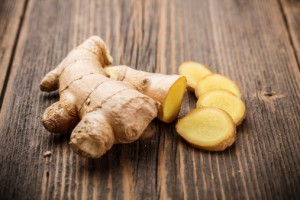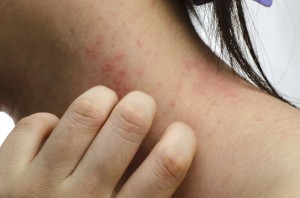The Chinese have used ginger to treat nausea and digestive issues for over 2,000 years. While research has debated the extent of its effectiveness as a natural remedy, it’s thought that active components, such as gingerol, directly affect the digestive and central nervous systems.
Most doctors and herbal medicine practitioners agree that using fresh ginger in teas and water or natural ginger candies will help relieve nausea, especially during pregnancy. Some studies suggest it is an effective treatment for post-operative and chemotherapy-related nausea, as well.
Ginger also has anti-inflammatory properties that may help boost immunity. Bottom line, there are no disadvantages to ingesting a little ginger to help ease nausea and digestive issues.
All content of this newsletter is intended for general information purposes only and is not intended or implied to be a substitute for professional medical advice, diagnosis or treatment. Please consult a medical professional before adopting any of the suggestions on this page. You must never disregard professional medical advice or delay seeking medical treatment based upon any content of this newsletter. PROMPTLY CONSULT YOUR PHYSICIAN OR CALL 911 IF YOU BELIEVE YOU HAVE A MEDICAL EMERGENCY.



